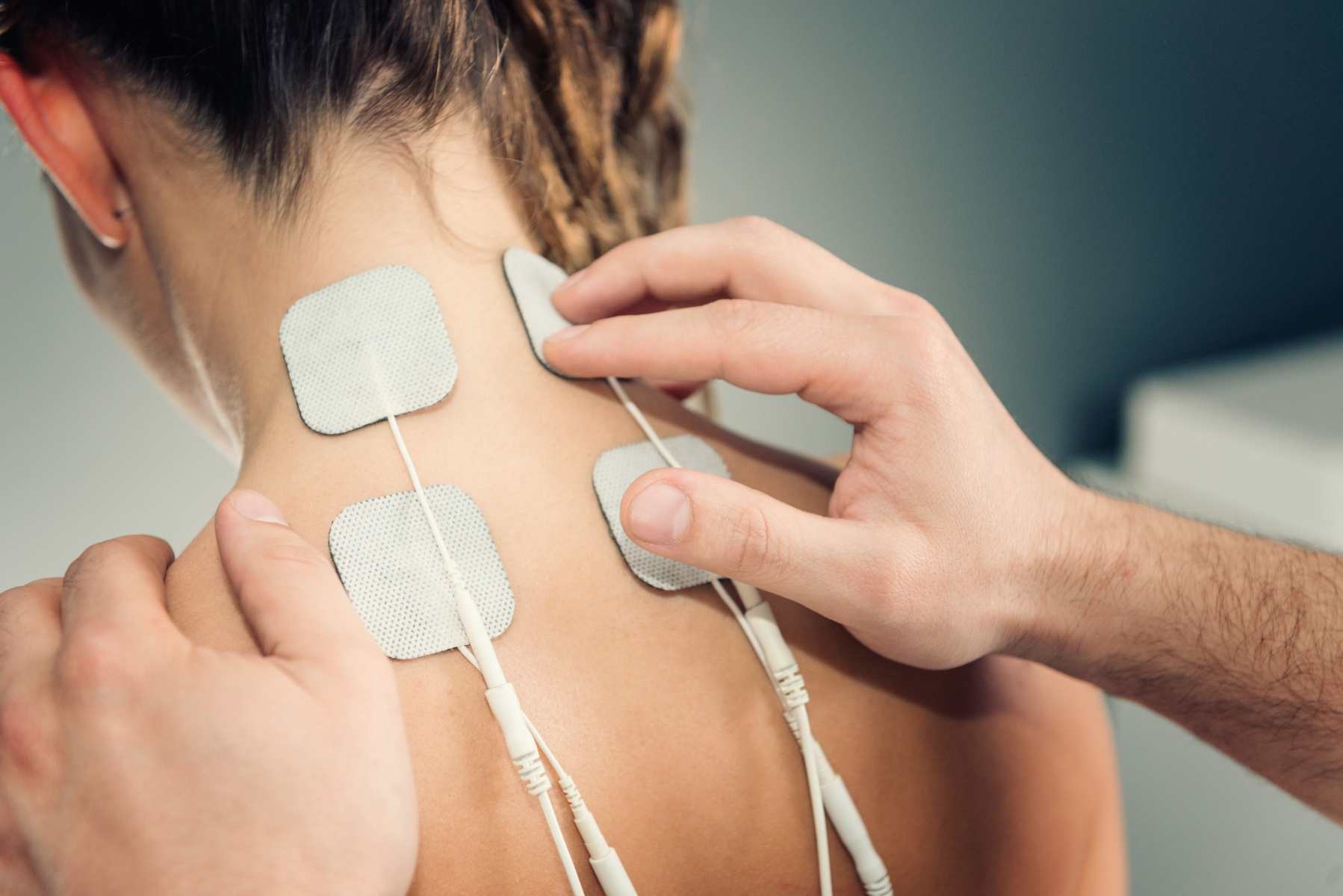Carpal Tunnel Syndrome (CTS) is a common issue that affects many Americans. One of the primary causes of Carpal Tunnel Syndrome is repetitive motion. Activities like typing, using a computer mouse, or even playing musical instruments, which involve frequent wrist movements, can lead to CTS over time. The constant repetition of these actions can lead to irritation and inflammation of wrist tendons, which puts pressure on the median nerve within the carpal tunnel.
Understanding wrist anatomy is crucial when talking about CTS. The carpal tunnel is a tight space formed by wrist bones and a ligament called the transverse carpal ligament. Inside this narrow passage, are the median nerve and nine finger-flexing tendons. Any changes to the tunnel’s structure can lead to compression of the median nerve, causing CTS symptoms. As the nerve gets compressed, individuals can experience symptoms like numbness, tingling, weakness, or hand pain. Without treatment, CTS can lead to ongoing discomfort and hand function loss.
iOrtho’s Approach to Carpal Tunnel Syndrome
At iOrtho, we understand how CTS can impact your life which is why we offer an efficient solution, UltraGuideCTR™. With only local anesthesia, this micro-incision approach provides instant restoration of hand motion.
UltraGuideCTR™ redefines carpal tunnel treatment with its unique benefits. The procedure is performed using real-time ultrasound guidance with no need for medical clearance or fasting. This procedure involves a micro-incision above the wrist that requires only a small band-aid closure—no sutures to remove, no palmar incision to hear and no bulky dressings. Recovery with UltraGuideCTR™ is a convenient and accessible option that doesn’t involve post-procedure physical therapy.
One of the key attractions of UltraGuideCTR™ is its ability to facilitate a quick return to normal activities, most patients are back to their routines within just 3-6 days, thanks to the streamlined recovery process. If you suspect you have CTS symptoms, don’t wait. Early diagnosis and intervention are crucial to halt its progression and improve your quality of life.
Understanding the common causes of CTS, such as repetitive motion and wrist anatomy, is vital for both prevention and management. To schedule a carpal tunnel screening, call or text us today.





